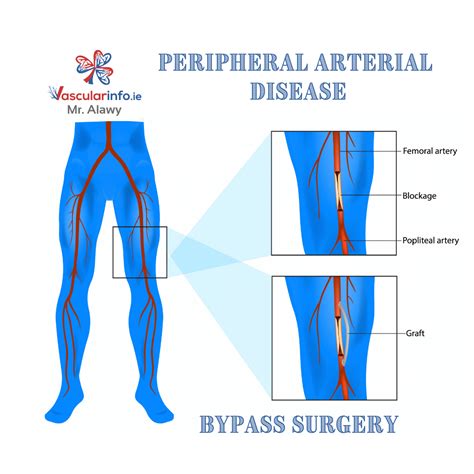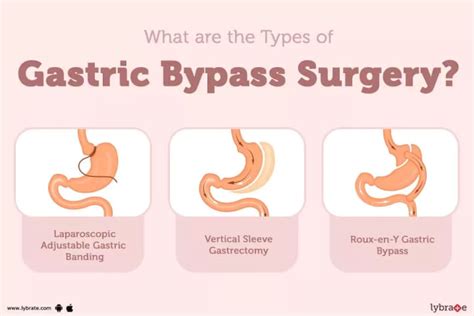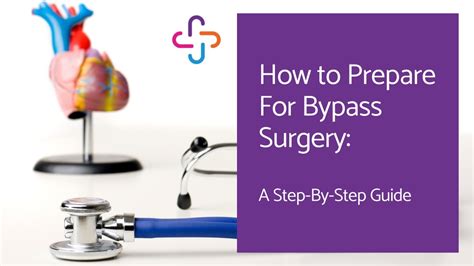Intro
Bypass surgery, also known as coronary artery bypass grafting (CABG), is a type of surgical procedure that is performed to improve blood flow to the heart. The surgery involves bypassing blocked or narrowed sections of the coronary arteries, which are the blood vessels that supply blood to the heart muscle. This is typically done by using a graft, which is a healthy blood vessel taken from another part of the body, such as the leg or chest. The graft is then attached to the coronary artery, allowing blood to flow around the blocked area and improving blood flow to the heart.
The importance of bypass surgery cannot be overstated. Coronary artery disease, which is the buildup of plaque in the coronary arteries, is a leading cause of death and disability worldwide. When the coronary arteries become blocked or narrowed, it can lead to a reduction in blood flow to the heart, which can cause chest pain, shortness of breath, and even heart attacks. Bypass surgery is often performed to relieve these symptoms and to reduce the risk of heart attacks and other complications. In addition to improving blood flow to the heart, bypass surgery can also help to improve overall quality of life and reduce the risk of death from heart disease.
Bypass surgery is typically performed on individuals who have severe coronary artery disease, which has not responded to other treatments such as medication, lifestyle changes, or angioplasty. The surgery is usually performed under general anesthesia, which means that the patient is asleep during the procedure. The surgeon will make an incision in the chest and use a heart-lung machine to take over the function of the heart and lungs during the surgery. The surgeon will then locate the blocked or narrowed sections of the coronary arteries and attach the graft to the affected area. The graft is usually taken from a healthy blood vessel in the leg or chest, and is attached to the coronary artery using sutures or staples.
How Bypass Surgery Works

Bypass surgery works by creating a new pathway for blood to flow to the heart. The graft, which is taken from a healthy blood vessel, is attached to the coronary artery, allowing blood to flow around the blocked area. This can help to improve blood flow to the heart, reduce symptoms such as chest pain and shortness of breath, and reduce the risk of heart attacks and other complications. The surgery can be performed using different techniques, including traditional open-chest surgery or minimally invasive surgery.
Benefits of Bypass Surgery
The benefits of bypass surgery are numerous. Some of the most significant benefits include: * Improved blood flow to the heart, which can help to reduce symptoms such as chest pain and shortness of breath * Reduced risk of heart attacks and other complications * Improved overall quality of life * Reduced risk of death from heart disease * Ability to return to normal activities and exerciseTypes of Bypass Surgery

There are several types of bypass surgery, including:
- Traditional open-chest surgery, which involves making a large incision in the chest to access the heart
- Minimally invasive surgery, which involves making smaller incisions in the chest to access the heart
- Off-pump surgery, which involves performing the surgery without using a heart-lung machine
- Robotic surgery, which involves using a robotic system to perform the surgery
Risks and Complications
While bypass surgery is generally a safe and effective procedure, there are some risks and complications that can occur. Some of the most common risks and complications include: * Bleeding or hemorrhage * Infection * Stroke or brain damage * Heart attack or cardiac arrest * Kidney damage or failure * Respiratory problems or pneumoniaPreparing for Bypass Surgery

Preparing for bypass surgery typically involves a series of tests and evaluations to determine the best course of treatment. Some of the tests and evaluations that may be performed include:
- Electrocardiogram (ECG) to evaluate the heart's electrical activity
- Echocardiogram to evaluate the heart's structure and function
- Stress test to evaluate the heart's response to exercise or stress
- Coronary angiogram to evaluate the coronary arteries and identify any blockages
- Blood tests to evaluate the patient's overall health and identify any potential risks or complications
Recovery and Follow-Up
After bypass surgery, patients typically require several weeks to recover. During this time, patients will need to: * Rest and avoid strenuous activities * Take medication to manage pain and prevent complications * Attend follow-up appointments with their doctor to monitor their progress and remove any sutures or staples * Make lifestyle changes, such as quitting smoking, exercising regularly, and eating a healthy diet, to reduce the risk of future heart problemsLife After Bypass Surgery

Life after bypass surgery can be challenging, but with the right care and support, patients can make a full recovery and enjoy a healthy and active life. Some of the things that patients can expect after bypass surgery include:
- Improved blood flow to the heart, which can help to reduce symptoms such as chest pain and shortness of breath
- Reduced risk of heart attacks and other complications
- Improved overall quality of life
- Ability to return to normal activities and exercise
- Need to make lifestyle changes, such as quitting smoking, exercising regularly, and eating a healthy diet, to reduce the risk of future heart problems
Conclusion and Next Steps
In conclusion, bypass surgery is a highly effective treatment for coronary artery disease. By creating a new pathway for blood to flow to the heart, bypass surgery can help to improve blood flow, reduce symptoms, and reduce the risk of heart attacks and other complications. While the surgery is generally safe and effective, there are some risks and complications that can occur. By understanding the benefits and risks of bypass surgery, patients can make informed decisions about their care and take the necessary steps to reduce their risk of heart disease.To learn more about bypass surgery and how it can help to improve your health, we invite you to comment below or share this article with others. You can also take specific actions, such as scheduling an appointment with your doctor or making lifestyle changes, to reduce your risk of heart disease.
What is bypass surgery?
+Bypass surgery, also known as coronary artery bypass grafting (CABG), is a type of surgical procedure that is performed to improve blood flow to the heart.
What are the benefits of bypass surgery?
+The benefits of bypass surgery include improved blood flow to the heart, reduced risk of heart attacks and other complications, and improved overall quality of life.
What are the risks and complications of bypass surgery?
+The risks and complications of bypass surgery include bleeding or hemorrhage, infection, stroke or brain damage, heart attack or cardiac arrest, kidney damage or failure, and respiratory problems or pneumonia.
